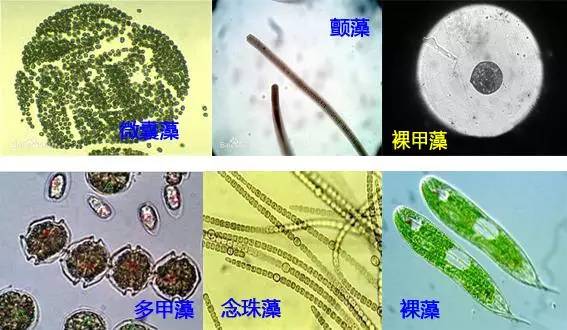
(Photo: Sohu)
Algae blooms may accelerate the release of arsenic, a toxic substance that pollutes freshwater, according to a recent Chinese study.
Many Chinese lakes have been plagued by eutrophication of water and outbreaks of blue-green algae in recent years. At the same time, many lakes have seen increasing arsenic accumulation in sediments.
Researchers from the Institute of Urban Environment under the Chinese Academy of Sciences have analyzed the relationship between lake eutrophication and arsenic distribution based on the monitoring of regions with varying eutrophic levels in Taihu Lake, one of the largest freshwater lakes in east China.
Results showed that eutrophication and the degradation of algae blooms can significantly increase the release of arsenic from sediments and turn arsenic into more toxic pollutants, posing a threat to the safety of freshwater environments.
The study provides a theoretical basis for the prevention and control of arsenic contamination in eutrophic freshwater.
Monitoring and early warning systems for algae as well as dredging of polluted lake sediments are crucial for the prevention of arsenic pollution in freshwater, according to the research team.
The research was published in the journal Chemosphere.


